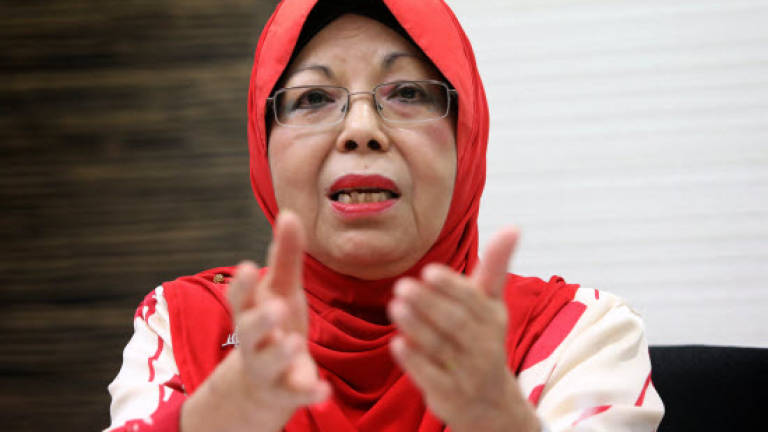MAA cuts 2018 car sales forecast on concerns over SST

PETALING JAYA: The Malaysian Automotive Association (MAA), which opined that there is no need for a second national car, has revised downwards its total industry volume (TIV) forecast for 2018 by 0.8% to 585,000 units from 590,000 units projected earlier this year, mainly due to concerns on the reintroduction of the Sales and Services Tax (SST) on Sept 1.
MAA president Datuk Aishah Ahmad said car prices are expected to increase with SST, as the rate is set at 10% while the Goods and Services Tax (GST) was previously fixed at 6%. She pointed out that when GST was introduced, most car prices went down, hence there will be a price increase this time around, when SST is implemented.
"From June until August, there is a big rush for consumers to register vehicles because the price is lower. From September onwards, there will be a bit of a slowdown and if the price increases further, that will impact sales," she told a press conference after announcing the market review for the first half of 2018 here today.
The revised forecast represents a 1.5% growth from 576,635 units in 2017.
She said there will be slight increases in car prices but they will vary from model to model. MAA is waiting for technical details of the SST.
Aishah said the surge in sales during the third quarter will not compensate for the reduction in sales in the fourth quarter due to the four-month lead time required for production.
"There is no way you can increase and request for production to come in and get your vendors to build more. Whatever is already in stock and in the pipeline, this is what we can sell but we cannot get more than that because there is this lead time requirement," Aishah explained. Depending on the model, the current waiting time is two to three months.
She said MAA has met with the Customs director-general and briefed him on his concerns that car prices are most likely to go up.
On a different issue, Aishah said Malaysia does not need a second national car as the local automotive ecosystem is already developed. There is also a lack of economies of scale here.
"Other countries in Asean, none of them have national cars. Look at how well Thailand and Indonesia are doing. To do a national car project, you have to work with a world-class manufacturer and it must be willing to work and invest in Malaysia. We already have more than 500 vendors to assist and boost the requirements of the auto industry in terms of supply."
On working with its Indonesian counterpart on the Asean car, Aishah said this can be done, but the particular model must be well accepted by Asean countries and manufacturers must support the idea of having an Asean car.
She said many MAA members are already importing cars from Indonesia and Thailand to Malaysia. "We're already investing in terms of an Asean car. The concept of an Asean car is already there."
TIV for the first six months of 2018 rose 1.8% to 289,714 units, compared with 284,453 units in the same period last year. TIV for the second quarter expanded 7.6% to 154,574 units compared with 143,613 units a year ago, while it rose 14.4% compared with 135,140 units in the first quarter, mainly attributed to the overwhelming demand, particularly in June, following the announcement of zero-rated GST.